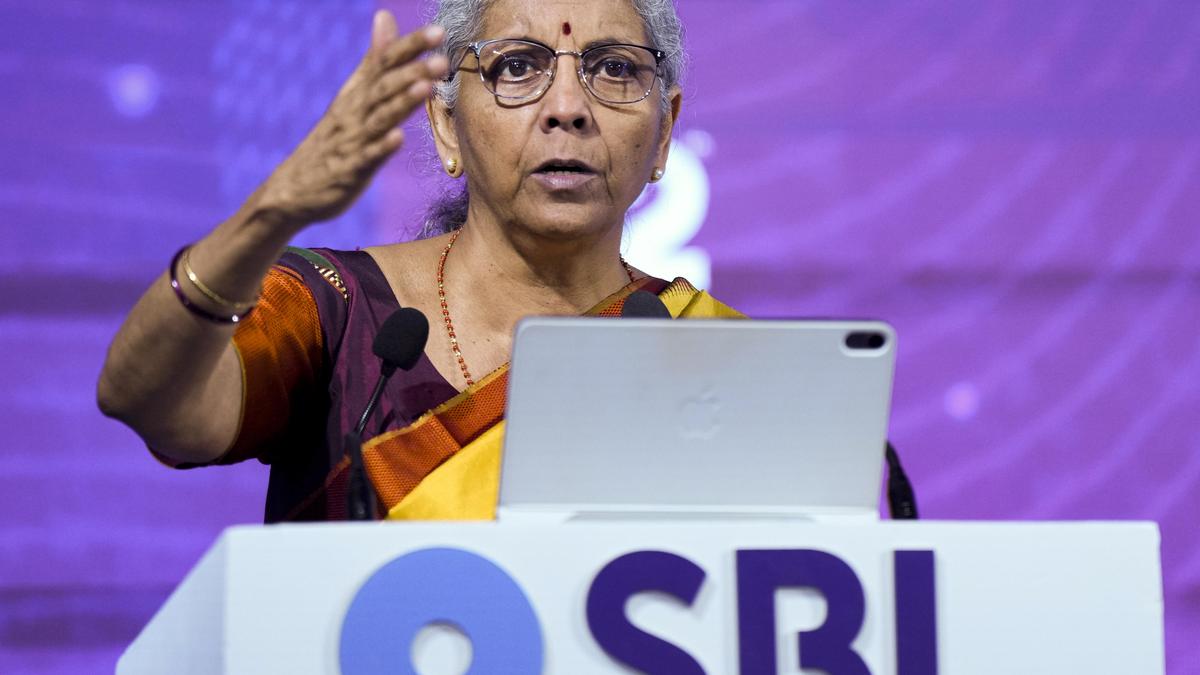Skilling is treated as extracurricular activity in India: CEO, NITI Aayog

Particpants at the Bengaluru Skill Summit 2025 on Wednesday.
| Photo Credit: SUDHAKARA JAIN
Skilling is still treated as an extracurricular activity in India and yet to be treated as part of mainstream education, said B.V.R Subrahmanyam, CEO, NITI Aayog here on Wednesday.
“Skilling is yet to be part of our country’s education system, unfortunately. This is at the root of the problem India is currently facing. Since our curriculum lacks general employability skill training, a majority of our population remains hugely unskilled, doing very low paying jobs or even staying unemployed,’’ he lamented, while delivering the keynote address at Bengaluru Skill Summit, being organised by the Government of Karnataka.
Addressing a gathering of law/policy makers, educators, industry leaders, and start-ups, he said, India as a whole has to think differently and focus on skilling its people of all ages: young, old, students, women and farmers and others. The country’s 50-crore farmers have to be also trained otherwise the magic of agriculture won’t happen again.
In silos
“We are actually putting people in silos and treating skilling as something separate. Actually, skilling has to be an integral part of the education system and skilling has to be thrown open to people of all ages — 20, 30, 40, 50 or 60 years,’’ he suggested.
India was in a sweet spot, the country was at an important inflection point, with a positive growth trajectory, even geopolitics was also favouring India and the country has to invest in its demographic dividend, Mr. Subrahmanyam insisted adding, “If we don’t, our demographic advantage can be a curse for us. Only a skilled, employable, well-earning workforce having productive-livelihood will power India to become a $30 trillion economy by 2047, with each individual expected to contribute $18,000 (per capita income) to the economy.’’
According to Mr. Subrahmanyam, the country required integrated academic, skill and vocational training schools and institutes on a large scale. Many have done wrong education and taken up courses and wasted their time, and now they are 35 or 40 years old and think their life is over.
He suggested a system that would map skill sets, bring people and job roles on a common platform and establish interoperability (communication) between different educational platforms which would eventually help create diverse career roadmaps, define skill sets, identify newer job roles and create huge employment opportunities for a skilled workforce.
AI impact
On the impact of artificial intelligence on employment, he said, AI would remove roles and not jobs. The technology would take away some 40 lakh jobs in the country, while it was expected to create 60 lakh new jobs, therefore the net effect of AI would be more new kinds of job roles.
Published – November 05, 2025 09:48 pm IST



